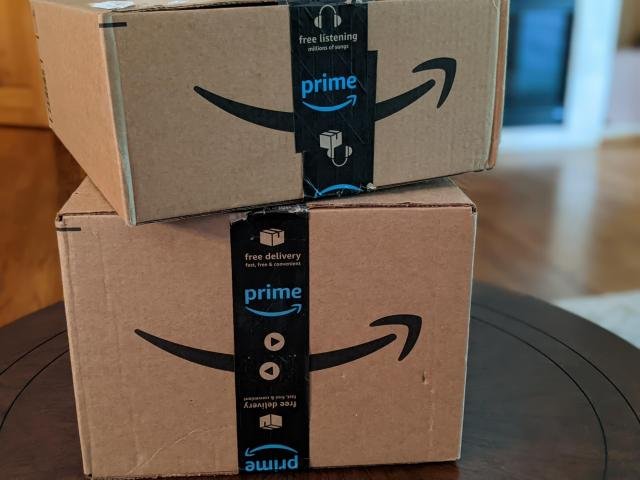Amazon boxes could soon have a lower carbon footprint, thanks to technology developed by RTI International, a nonprofit institute headquartered in Research Triangle Park.
The U.S. Department of Energy selected RTI to lead a large-scale carbon capture pilot project in collaboration with Amazon, International Paper (IP), and SLB.
“Our technology captures it from a mixed stream using a liquid solvent and regenerates it into a pure stream that can be sequestered or used for other processes such as curing cement,” said Marty Lall, the senior director of decarbonization sciences at RTI.
The pulp and paper industry currently produces 48 million metric tons of CO2-equivalent emissions per year in the U.S., plus an additional 100 million metric tons of CO2-equivalent emissions per year from related biogenic emissions.
“There are challenges to cutting carbon in the paper industry because of how the process works,” Lail said. “Carbon capture can be a way to bridge the gap to our climate goals as we work toward a completely carbon-free future.”
Lail and his team have been developing the technology for 15 years. Now, RTI will pilot the system at a large, commercial scale for the first time at a plant in Vicksburg, Mississippi.
“What we learn from this project would be used to replicate this process and help commercialize it across other paper mills and other CO2 producers,” said Vijay Gupta, senior research engineer and the project manager at RTI.
The project aims to capture 120,000 metric tons of CO2 per year, an amount equivalent to the annual CO2 emissions of nearly 27,000 gasoline-powered cars, and direct it to a site for permanent geologic storage.
Copyright 2024 by Capitol Broadcasting Company. All rights reserved. This material may not be published, broadcast, rewritten or redistributed.













